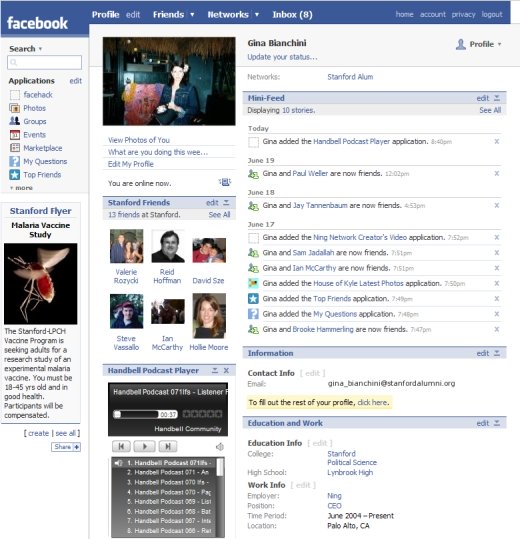Facebook, LinkedIn, Spotify, Buffer, Airbnb, Uber and dozens of other tech giants started out with nothing more than a dream and an MVP. Minimum Viable Product (MVP) are practical ways to test whether the market – starting with a small group of potential users – value and need a new product.
An MVP, with minimal functionality, is a modern way to market test a product and receive the feedback and validation you need to transform an idea into an operational startup.
In some cases, such as social sharing app, Buffer, Joel Gascoigne (CEO & Co-Founder) was able to get paying customers straight after launching an MVP in 2010. Joel was determined to finish his side project during a Hacker News Startup Sprint, which resulted in 100 sign-ups and four paying customers in the first month. Seven years later, Buffer is a remote team of 75, with 68,700 paying subscribers, generating $14.3 million annual revenue (June 2017 figures).
Buffer MVP
“If you’re not embarrassed by your first product release, you’ve released it too late.”
LinkedIn Co-founder, Reid Hoffman
Validation and feedback is always more important than tweaking design features and playing with a new idea. Products that don’t see the light of day won’t generate revenue, which is why done is always better than perfect, especially when it comes to making an MVP.
Revealed: MVPs of Uber, Airbnb and other Tech Giants
LinkedIn, for example, launched on 5 May 2003, created in the living room of co-founder, Reid Hoffman. In one month, 4,500 users signed-up. Now they are part of Microsoft, with 500 million members worldwide. Here is what their first release looked like.

LinkedIn MVP
Facebook has 1.94 billion users worldwide – the most popular social network on the planet – and the own two other major platforms, Instagram and WhatsApp. Founder, Mark Zuckerberg founded Facebook in a Harvard dorm with a few friends, in 2004. Early versions look nothing like what many of use every day, but it was enough to attract the attention of New York advertising agencies and Silicon Valley investors, transforming, over a number of years, The Facebook into a global social network.
Over 100 million people in 60 countries listen to music on Spotify, with 50 million paying a subscription. At present, Spotify is worth $13 billion and is considering a direct IPO listing. Back in 2009, the founders, Daniel Ek and Martin Lorentzon wanted an introduction to Zuckerberg, to see if they could benefit from the user-base crossover they had with Facebook.
Sean Parker, the creator of Napster, an early music-streaming service, made that introduction and was able to invest $30 million in a previously closed funding round. For Parker, the MVP and concept were enough to win his support – as he said in an email to the founders in 2009:
“Until now, no digital music service has met, let alone exceeded the bar set by Napster. In order to create the next revolution in digital music I believe that you must BOTH meet and exceed the bar set by Napster a decade ago.”
“You guys have finally done it.”
Founded around the same time, in 2008, Airbnb wanted to provide an alternative to hotel accommodation and a way for homeowners to make money when their properties were vacant. Now Airbnb has over 3 million listings in 65,000 towns and cities, with over 160 million guest stays (to date), and $3.4 billion in funding at a $31 billion valuation. Here is what Airbnb looked like in the early days.

Airbnb MVP
Global transport company, Uber, started life as UberCab in 2009. An early version of the website shows some evolution on the initial idea, making it easy for passengers to book and pay via the app. Uber is now generating $6.5 billion in revenues (although still making a loss), at a $70bn valuation.
What Does Your MVP Need?
All of these startups had humble beginnings. None of them would have got far without making an MVP. Without an MVP, you can’t find out what customers think. There is no way for early-adopters to give you vital feedback, or start generating revenue. Without an MVP, investors are rarely willing to put money behind an idea, with no way of knowing how viable – or not – a product is.
To ensure your Minimum Viable Product is successful, you need the following minimum features:
- Basic functionality – demonstrate your solution to users;
- Selling points – explain what your product does, what problem you are trying to solve;
- Value demonstration – show users what they are (or could) pay for and therefore, what value this creates for them.
Transform your startup dream into a reality. From idea to prototype in 48 hours, and a market-ready app in only 2 weeks. Get a quote in 30 minutes!
Together We Can Build an Incredible Product.
Let Us Share Our IT Expertise and Bring Your Design to Life.
Get An Estimate in Minutes
Ask our manager about special 10% 💸 discount on the continuous improvements package.








